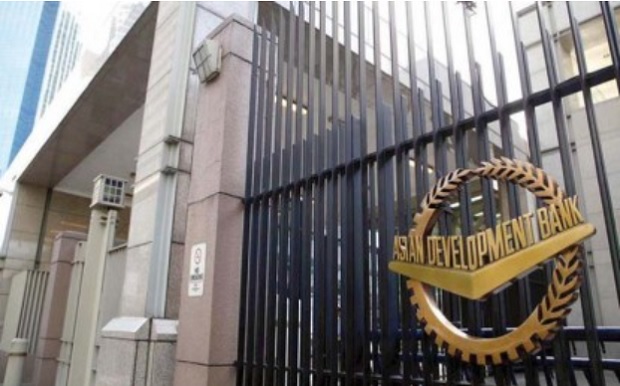The Asian Development Bank (ADB) has approved a $100-million loan to support the modernization program of the Philippine technical and vocational education and training (TVET) system.

The ADB said the loan would help respond effectively to an increasingly globalized, technology- and knowledge-driven market.
ADB will help improve training facilities and equipment in 17 selected technology institutions across the country to transform them into industry-responsive innovation centers through the “Supporting Innovation in the Philippine Technical and Vocational Education and Training System Project.”
It will also assist in designing new training courses, reskilling and upskilling of trainers, and strengthening the institutional capacity of the government’s Technical Education and Skills Development Authority (TESDA).
“Industries have become increasingly globalized and are now driven by technological innovations and the rising knowledge economy amid the Fourth Industrial Revolution, which in turn is creating a skills mismatch in the Philippines,” said ADB senior public management economist Sameer Khatiwada.
“Automation and digitization, which have been underway even before the Covid-19 pandemic hit, are being accelerated by the pandemic shock and are raising the demand in the labor market for new expertise, such as digital and cognitive skills,” said Khatiwada.
Meanwhile, the National Economic and Development Authority (NEDA) said the digitalization of the Philippine economy and government is one of the six strategies it would implement over the next five years to facilitate economic and social transformation under the Philippine Development Plan (PDP).
NEDA director-general Arsenio Balisacan stressed that the government would also pursue the improvement of the local and global connectivity of the Philippine markets, building of service-sector ecosystems around manufacturing clusters, building a dynamic innovation system, public-private partnerships (PPPs) and strong collaboration between the local and national governments.
“The timely adoption of the PDP as the country’s development roadmap shall ensure the alignment of government resources, programs, projects, and activities along with the identified strategies that will enable us to achieve our desired socioeconomic objectives. In light of our limited fiscal space, I cannot overemphasize how critical coordination is to obtain the maximum impact from our policies,” said Balisacan.
Balisacan also revealed NEDA’s priorities for 2023 which include the steering and coordination of PDP 2023-2028 implementation, the Regional Development Plans, the Public Investment Program (PIP) for 2023-2028 and the Three-year Rolling Infrastructure Plan (TRIP) for fiscal year 2024-2026.




